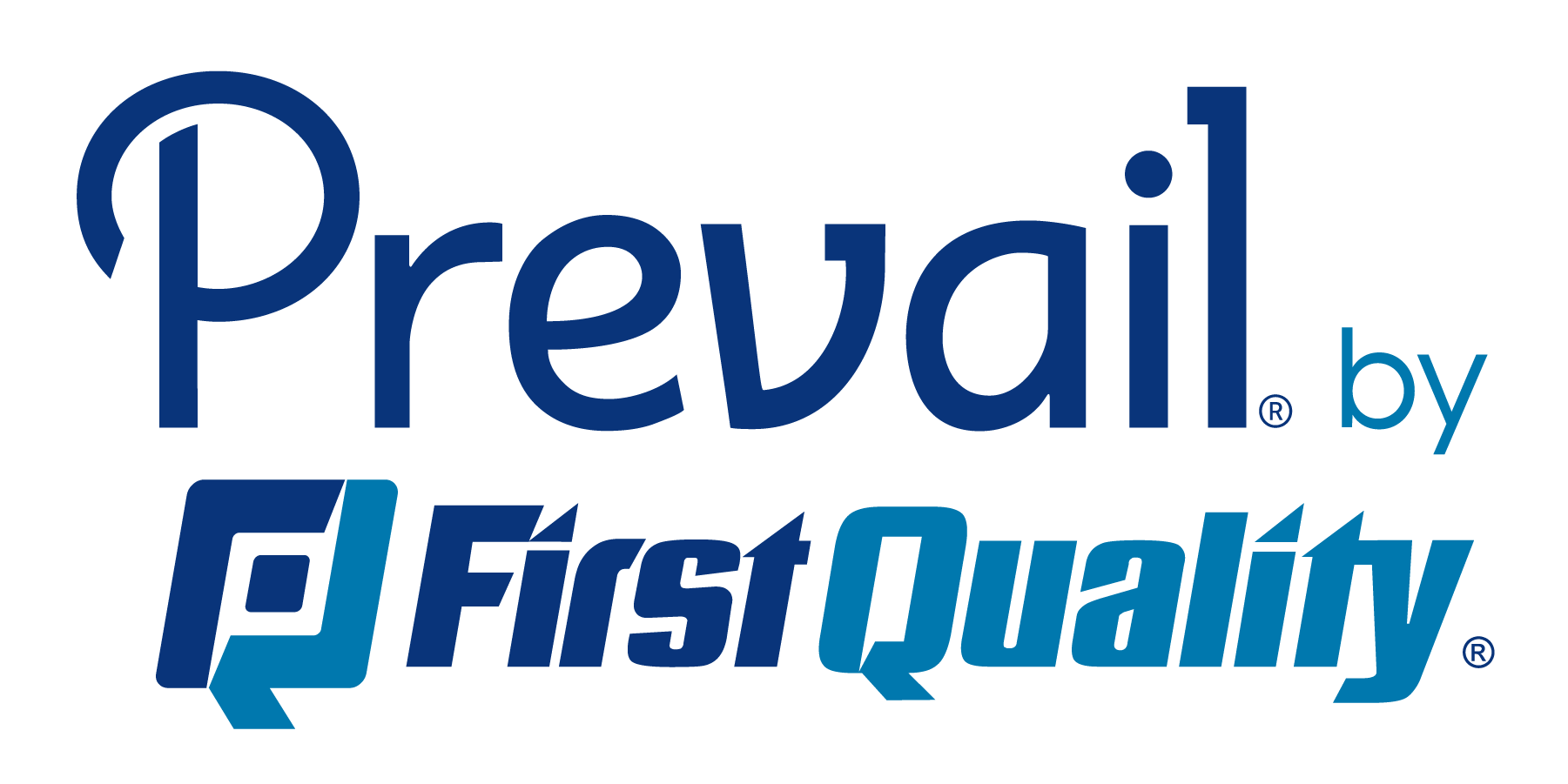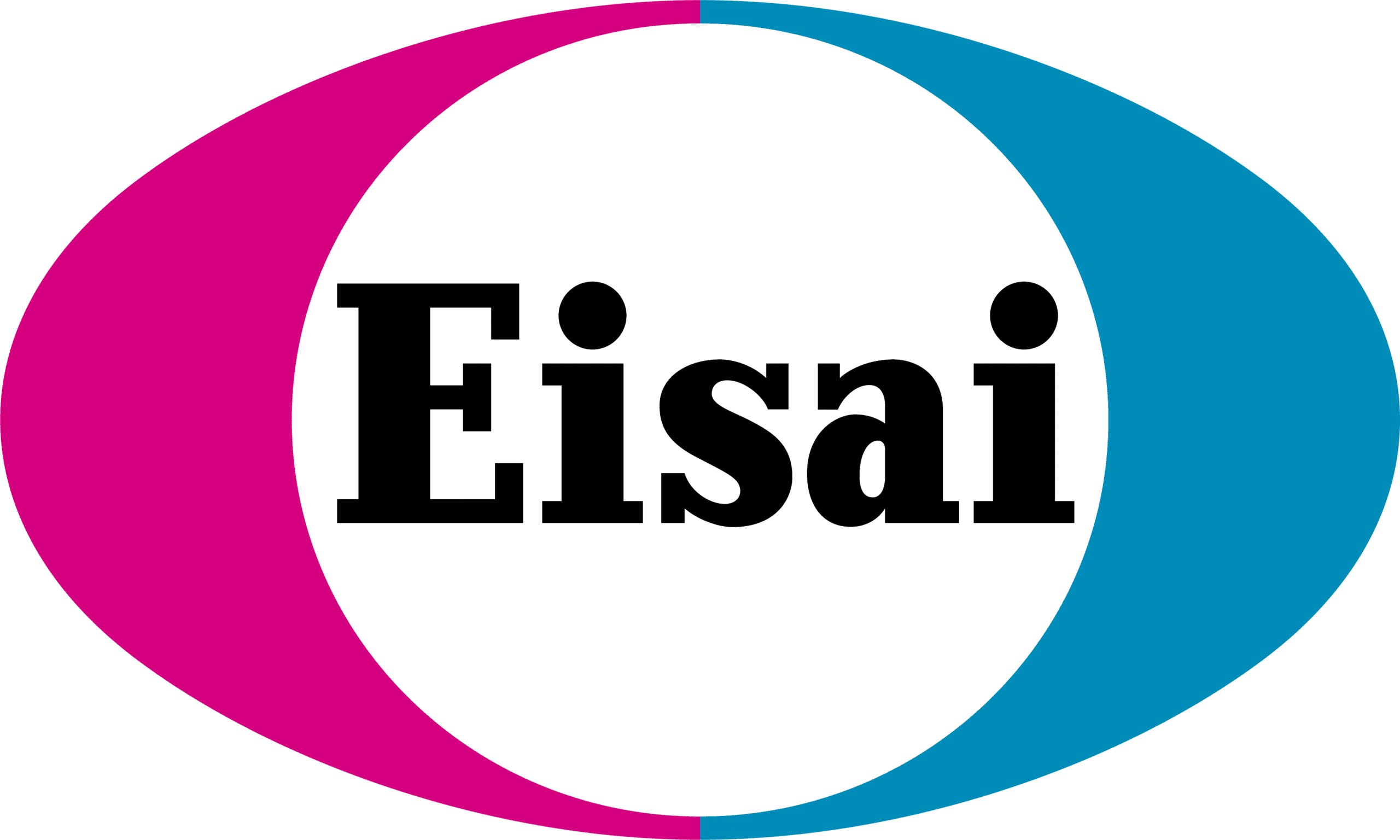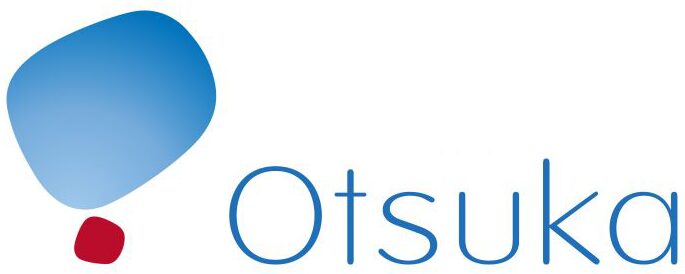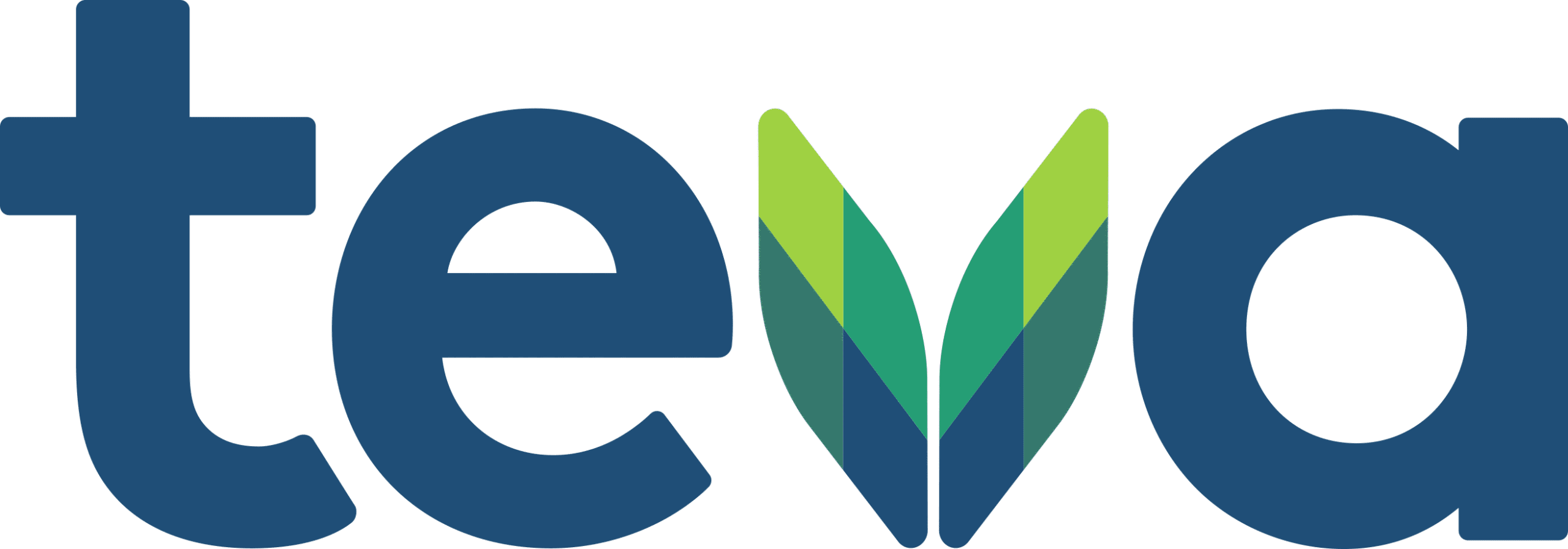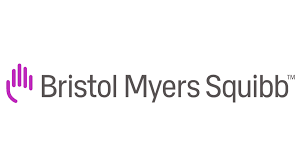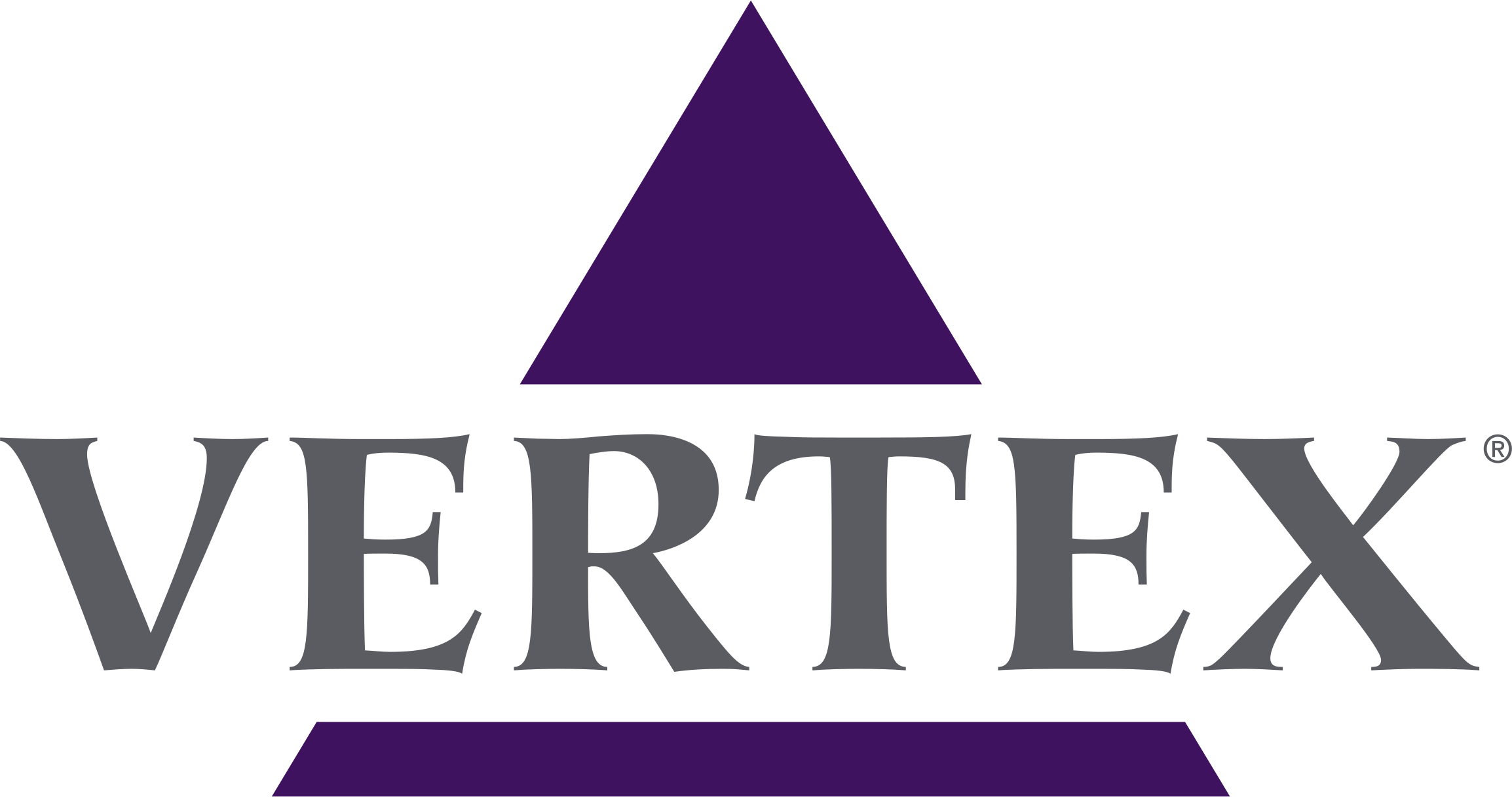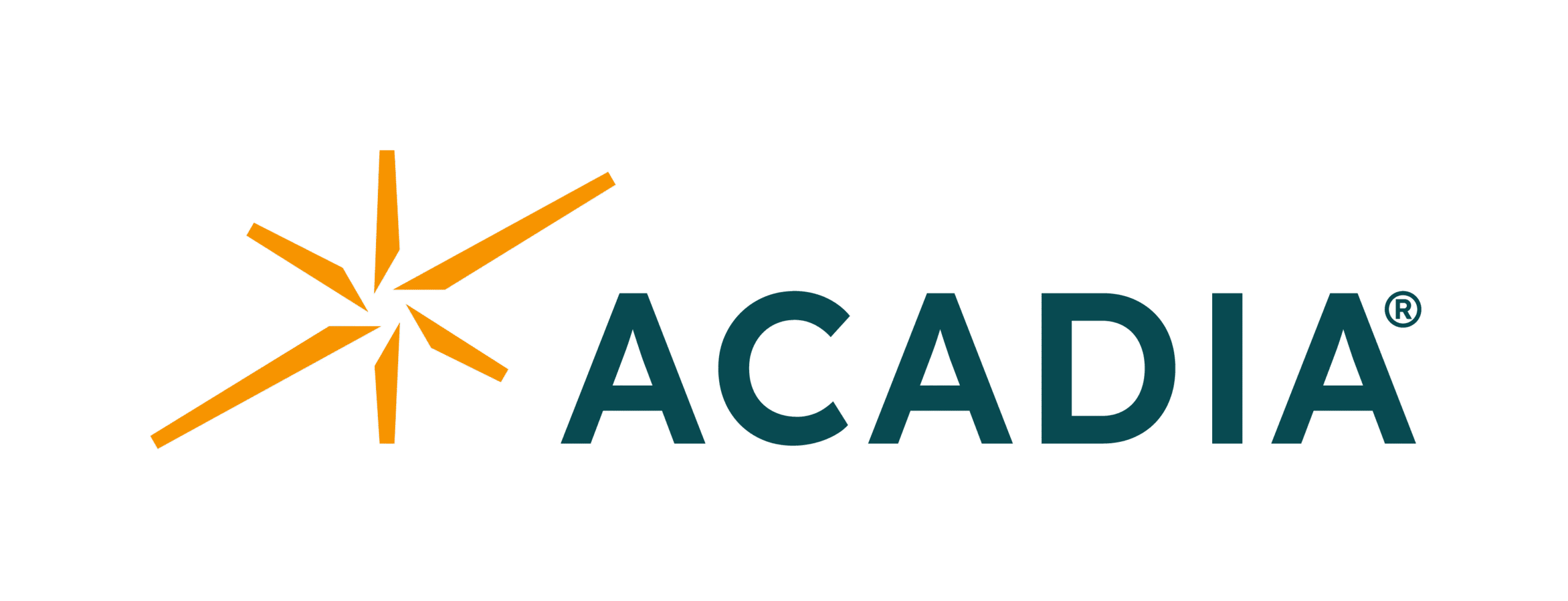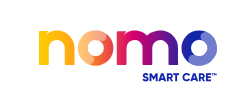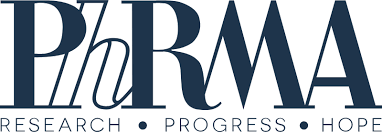
Caregiving doesn’t pause after November — and neither does the importance of staying connected to the right support. Plug-in to Care helps caregivers find trusted information, supportive communities, and practical tools that make each day a little more manageable. Whether you’re caring for a loved one this holiday season or any time of year, connection can make all the difference.
The Caregiver’s Role
Autism spectrum disorder (ASD) is a neurodevelopmental condition characterized by differences in communication, social interaction, restricted or repetitive behaviors, sensory processing, and executive functioning. Because autism is a lifelong condition, caregivers often engage across all domains of life—from early intervention, education, and social supports, to adulthood, independence, and aging. For caregivers, this means balancing advocacy, adaptation, emotional support, and planning across many life stages.

Top 3 Things Caregivers Should Know
Caregiving Resources
Partner Resources
Caregiver Action Network
This resource was developed with support from The Arc.

